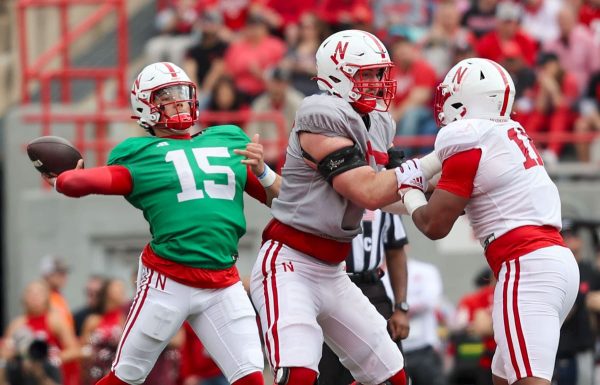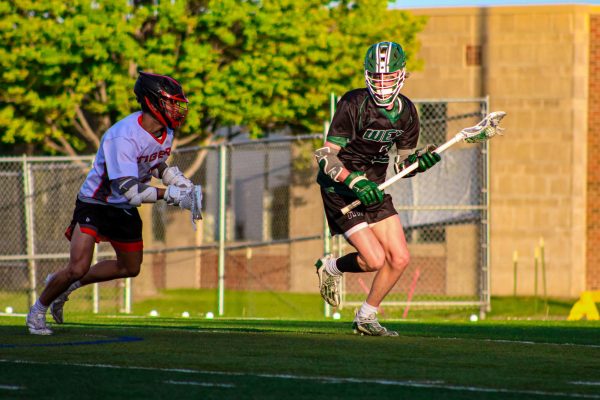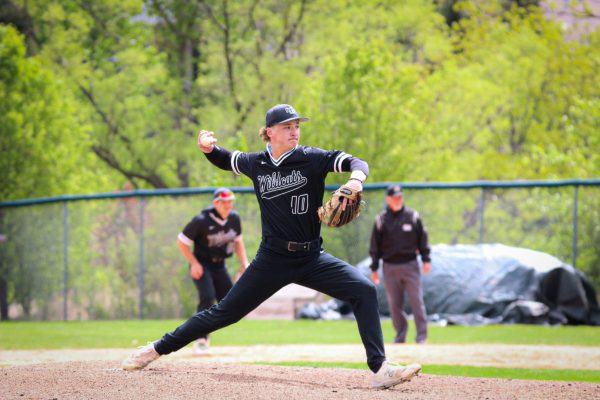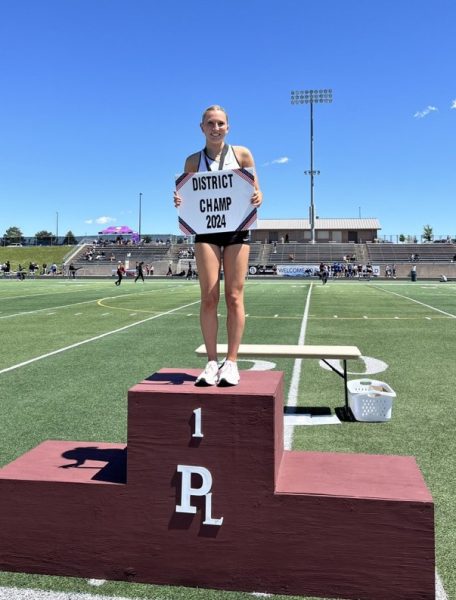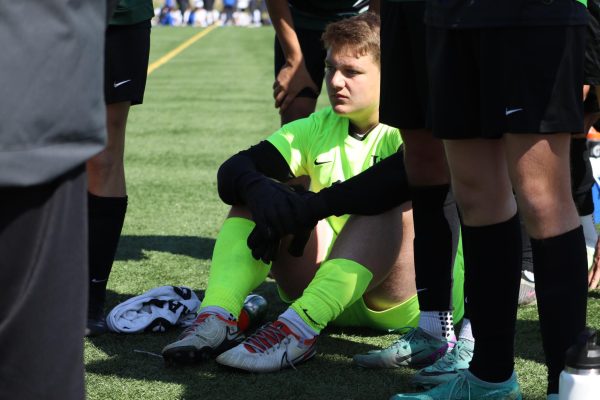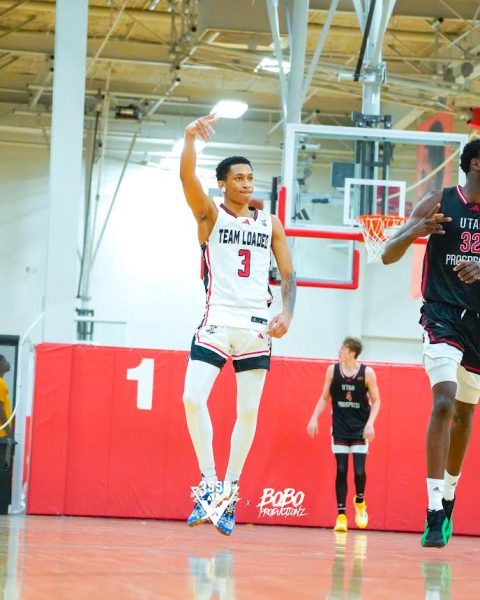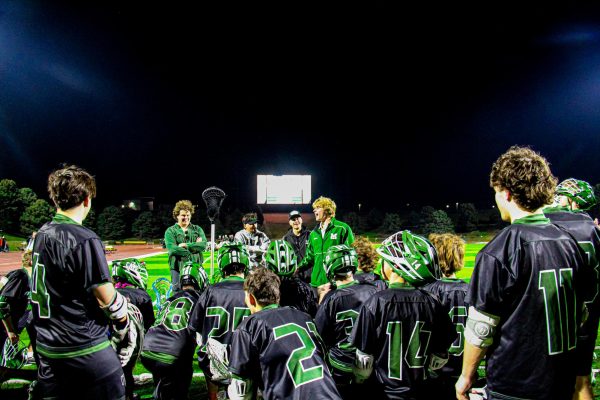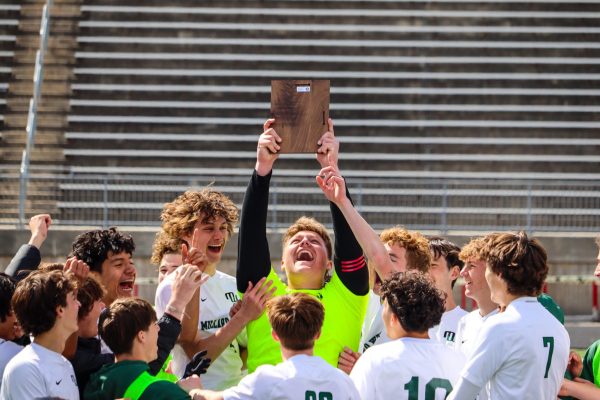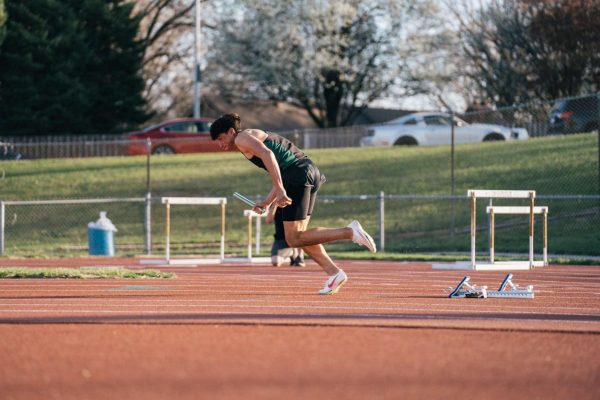Chasing a Goal
Athletes going to junior college for sports
December 1, 2017

Senior Brock Burling excited after a great inning pitched for the wildcat baseball team.
Each year, many baseball players choose the junior college route for two years in hopes that they perform well enough to have a Division 1 college ask them to come play. With junior colleges becoming more popular for high school students, it has proven its self-worth.
For two Millard West alumni, Ryan Merrill, who went to Iowa Western the attended TCU to play baseball for two years and Matt Eardensohn, who also went to Iowa Western and is now currently at Coastal Carolina (winning the College World Series in 2016), it has been proven successful.
Senior Brock Burling wanted to follow in these past students steps.
“The thought process of attending a junior college is to maximize your potential and get better exposure to a Division 1 college,” Burling said.
Compared to Division 2 baseball, junior college competition is nearly the same. While Division 2 colleges are a little bigger, it is ultimately harder to get your name out there. At a junior college you may feel a little more isolated, but in baseball every game is watched or monitored by a Division 1 coach watching to see if your skills could transfer to the next level of college baseball. So at a junior college you may not get the college experience like a Division 2 school, but if you love them game of baseball and have the end goal of playing Division 1 baseball, you have a better chance if you go to a junior college.
“It is extremely hard to go from a D2 to a D1 after two years of school,” senior Tyler Banderia said. “At a junior college you have a high chance to go D1 if you perform well after two years, but it all matters what the person wants to do.”
Banderia’s final goal is to play Division 1 baseball and believes this is the best route for him. Going to a junior college is a way for athletes who have potential, but just need a few more years after high school for it to show up on the field. For some junior college can be a savor. Merrill was a great player right out of high school, but just needed a little help in the classroom, so that’s why he went to junior college and it helped him greatly as he ended up coming back to Omaha for the College World Series with his team.
“I think going juCo depends on the player and many other factors,” varsity baseball coach Steven Frey said. “Are they skilled and talented enough, mature enough, strong enough? Can they handle the classroom and game and practice schedule? Are the projectable in two years to have grown enough to be looked at by Division 1 schools?”
Junior college depends on the player and what their end goal is. It has been proven that this route can help athletes out in going to play Division 1 sports. While there are multiple routes to get there, junior college has been successful in many reaching their final destination: Division 1 baseball.








